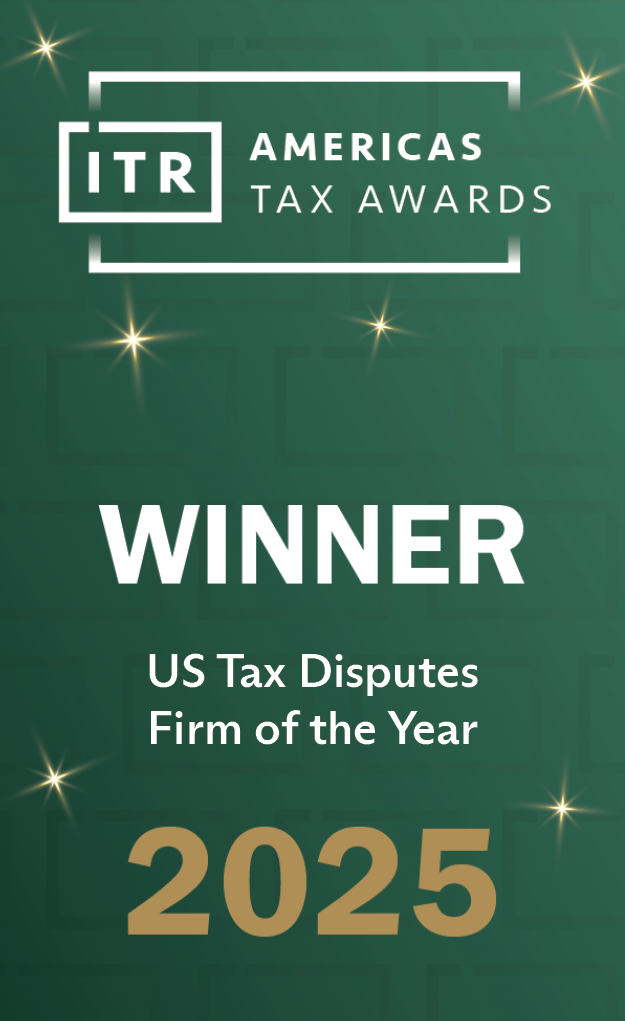On November 8, 2017, Facebook, Inc. and Subsidiaries (Facebook) filed a complaint in the District Court for the Northern District of California asserting that the Internal Revenue Service (IRS) had improperly denied Facebook access to Internal Revenue Service (IRS) Appeals. Facebook’s complaint seeks a declaratory judgment that the IRS unlawfully issued Revenue Procedure 2016-22, 2016-15 I.R.B. 1, and unlawfully denied Facebook its statutory right to access an independent administrative forum. Facebook also requests injunctive relief from the IRS’s unlawful position, or action in the nature of mandamus to compel the IRS to provide Facebook access to an independent administrative forum.
This action relates to the IRS audit of Facebook’s 2008-2010 tax years and proposed adjustments related to the value of intangible property transferred from Facebook to its Irish subsidiary. Throughout the audit process, Facebook alleges that it made clear to the IRS its desire to avail itself of IRS Appeals, once a determination had been made by the IRS Exam team. Facebook had agreed to five extensions, but the parties could not reach an agreement regarding conditions pursuant to which Facebook would provide a further extension of the statute of limitations. Instead of issuing a “30-day letter,” which would have afforded Facebook access to IRS Appeals to seek to resolve the IRS’s proposed adjustments, the IRS issued a Statutory Notice of Deficiency. After Facebook filed a petition in the Tax Court, it expected the case to be transferred to IRS Appeals as provided for in Revenue Procedure 2016-22. Instead, on March 16, 2017, the IRS sent a letter to Facebook stating that referral to IRS Appeals “is not in the interest of sound tax administration.” The complaint alleges that IRS Counsel provided no explanation of the basis for the decision and denied Facebook’s written request for reconsideration. Facebook also alleges that the decision may have been made in part to retaliate for Facebook’s refusal to extend the statute of limitations and to prevent IRS Appeals from settling the case at cents on the dollar.
The complaint raises two main arguments: (1) Revenue Procedure 2016-22, which permits the IRS to deny taxpayers access to Appeals in docketed cases for “sound tax administration,” is invalid under the Administrative Procedure Act; and (2) because the IRS denied Facebook access to an independent administrative forum, Facebook is entitled to “Mandamus-Like Relief” and the district court must order the IRS to provide Facebook the opportunity to present its case at IRS Appeals.
Revenue Procedure 2016-22 generally provides procedures for, and encourages the transferring of, a case that has been filed in the United States Tax Court (Tax Court) to IRS Appeals for consideration. See our previous discussion of the Revenue Procedure here. The Revenue Procedure explains that the transfer of case to IRS Appeals will “facilitate effective utilization of administrative appeals and achieve earlier development and disposition of Tax Court Cases.” The Revenue Procedure provides an exception to the transfer for cases in which “referral is not in the interest of sound tax administration.” The Revenue Procedure provides no appeal rights for taxpayers denied access to IRS Appeals. According to Facebook, this is impermissible and the Court must grant them an opportunity to present their case at IRS Appeals.
Practice Point: Taxpayers who are not afforded the opportunity to seek review by IRS Appeals after a case has been docketed in the Tax Court should seek to elevate the matter up-the-chain to obtain reconsideration and reversal of such a decision. If, as in Facebook’s case, that course of action is not successful, taxpayers should consider other options. In this regard, the outcome of Facebook’s case in district court may be instructive.
Additionally, we note that Revenue Procedure 2016-22 also exempts from IRS Appeals referral cases that have been designated for litigation. However, before a case can be designated for litigation, the taxpayer must be afforded the opportunity to present their “views on the proposed designation…in a meeting, to the Operating Division personnel and Area Counsel.” Internal Revenue Manual 33.3.6.2.1. The IRS did not designate Facebook’s case for litigation here. However, if the IRS indicates that it is considering proposing a case for litigation, a taxpayer should review the IRS’s administrative rules in this regard and ensure that it takes appropriate steps to challenge such a designation.







